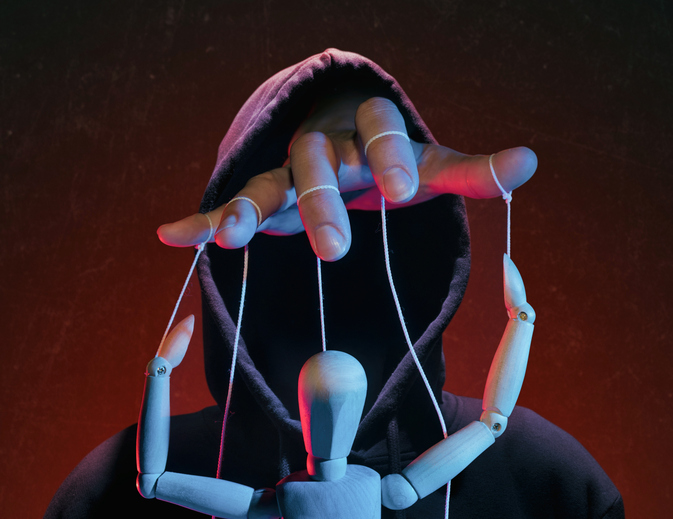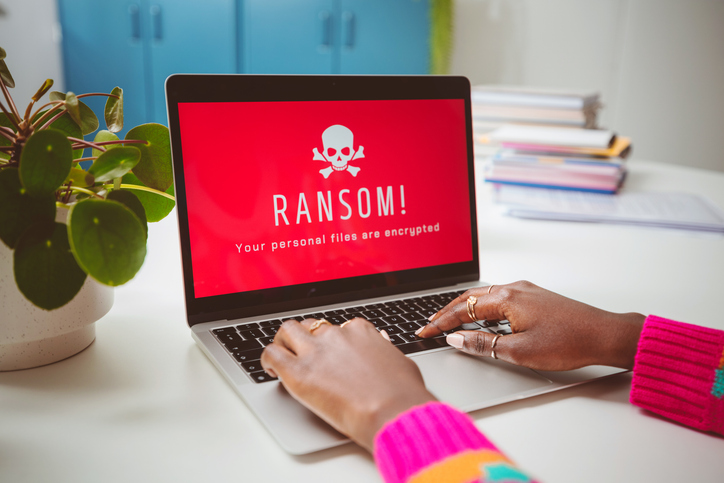Action…
The Business Software Alliance (BSA) released its annual report on software piracy in May 2005. The study, conducted by analysts IDC, claimed that 27% of business software in the UK is pirated. While this is a small reduction on the previous year's figure of 29%, the actual cost to publishers rose to over £1 billion as the size of the industry increased.
In light of the numbers, the BSA, a non-profit organis-ation that represents major software and hardware companies such as Microsoft, IBM, Cisco and Symantec, along with the Federation Against Software Theft (FAST), is lobbying the UK government to stiffen penalties for intellectual property crime. But they are equally prepared to take matters into their own hands and bring civil prosecutions against companies who they can prove are using unlicensed software.
Their evidence comes largely from whistleblowers – disgruntled employees and morally principled members of IT departments. The BSA offers informants up to £20,000, although the highest yet paid out is £6,000.
It then presents their case to the offending companies, who must prove their compliance or face being dragged through the courts. Most settle before it gets that far, often paying the full licence price rather than the discounted rates most companies can secure. Over the last five years the BSA has received over £1.8 million from British companies settling out of court for illegal software use, which pays for enforcement.
"Many businesses fall foul of copyright law not because they are intentionally trying to defraud but because of their processes," says the BSA's Mike Newton. It offers audits and free downloadable asset management tools to help educate companies, but Newton says not paying for licences through ignorance or poor IT management is no less of a crime than buying pirated software.
Some users have questioned the BSA's methods. Nobody wants to use illegal software, but the BSA is accused of approaching companies too aggressively, with a ‘guilty until proven innocent' approach. They also say that asset management tools cannot give the sort of control the BSA demands.
|
|||





